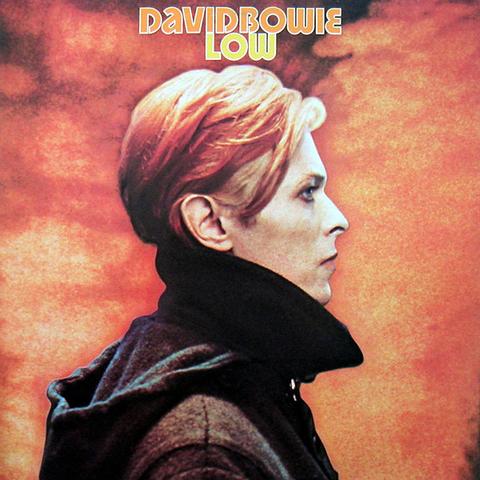#GreatRockAlbums #GreatAlbums1970s
#GreatRockAlbums #GreatAlbums1970s
#GreatRockAlbums #GreatAlbums1970s
#JohnCale – Paris 1919 (1973). Cale’s most accessible LP landed midway between the streetwise poeticism of the Velvet Underground and the literary lyricism of Leonard Cohen – Cale’s voice being similarly limited yet evocative. Allusions to Shakespeare, Dylan Thomas, and Graham Greene feel lived in, never pretentious. Studio support from Little Feat’s Lowell George and Richie Hayward, plus Crusader Wilton Felder on bass, adds bluesy ambiance to Cale’s songs.
#DavidBowie – Station to Station (1976). Falling back to earth after his Ziggy phase, Bowie created the Thin White Duke as the persona behind this LP’s alienated stance. Combining Kraftwerk cool with an austere grimace, the Duke “throws darts in lovers’ eyes” on the title track, “runs for the shadows” on “Golden Years,” and clings to life on a cover of Nina Simone’s “Wild is the Wind.” A transitional LP that deepened the dark and paved the road to Berlin.
#DavidBowie – Young Americans (1975). Bowie’s leap into R&B and funk garnered mixed reviews and a shaky legacy while reinforcing his chameleon persona. Two big hits, “Young Americans” and “Fame” (with a John Lennon cameo) secured Bowie’s mainstream acceptance. A couple of unsung gems – “Win” and “Fascination” (written with a then-unknown Luther Vandross) – gave the LP substance. Much of Bowie’s future, from Station to Station to Let’s Dance, begins here.
#GreatRockAlbums #GreatAlbums1970s
#GreatRockAlbums #GreatAlbums1970s
#GreatRockAlbums #GreatAlbums1970s
